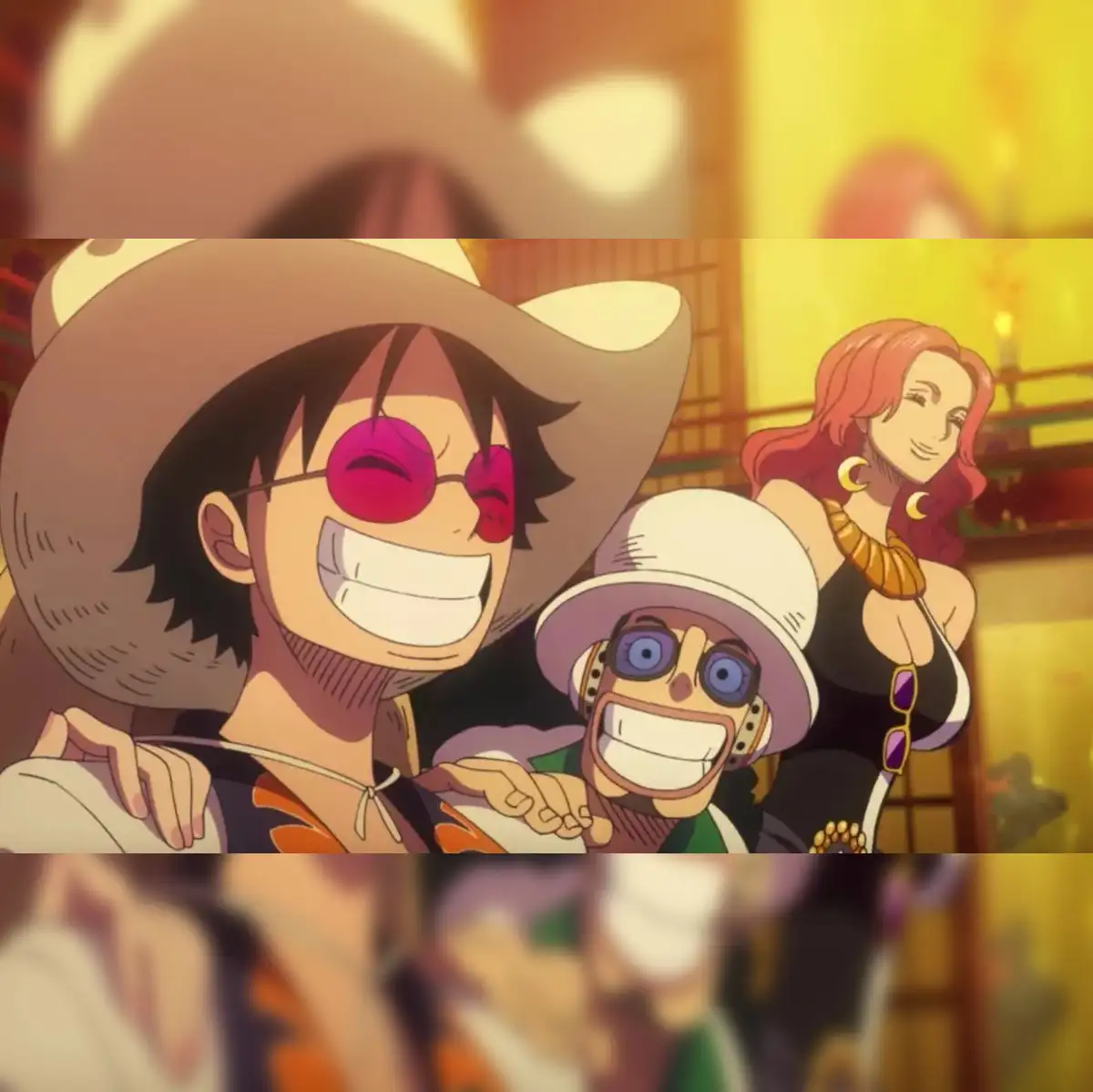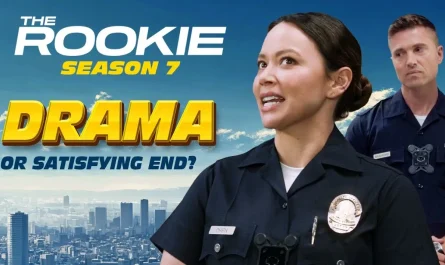Explosions, prison breaks, toppled governments, and a blatant disregard for authority—on paper, the actions of Monkey D. Luffy and his Straw Hat Pirates certainly paint a provocative picture. But is the beloved future Pirate King truly a terrorist, or is there a deeper, more nuanced truth to his chaotic path to freedom?

The “Terrorist” Accusations: A Prosecutor’s Case
Let’s lay out the arguments that might lead someone to brand Luffy a terrorist. The World Government’s definition of order presents a compelling case…
Destruction of Property and Infrastructure:
Luffy has left a trail of significant structural damage from Marine Headquarters to Impel Down, Enies Lobby, and even the sacred land of Marijoa, which occurred indirectly through his association with the Celestial Dragons incident. While often a byproduct of defending his friends or fighting injustice, the collateral damage is undeniable.
Assault on Government Officials and Military Personnel:
Admirals, Vice Admirals, countless Marines, and Cipher Pol agents – Luffy has directly engaged and defeated high-ranking members of the World Government’s forces. This is a clear act of rebellion against established authority.
Incitement of Rebellion and Revolution:
In Dressrosa, Alabasta, and Wano, Luffy’s presence and actions directly fueled and supported popular uprisings against tyrannical rulers allied with the World Government. He effectively acted as a catalyst for regime change, which could be seen as destabilizing the global order.
Speaking of exciting anime news, are you ready for more magic? Visionary director Mamoru Hosoda (known for Belle, Wolf Children, and Summer Wars) is set to enchant audiences once again! His highly anticipated new film, Scarlet, a captivating tale of a princess journeying through time and space, is slated for a December 2025 release. Get ready to be whisked away on another extraordinary adventure!
Prison Breaks and Aiding Fugitives:
The infamous Impel Down breakout saw Luffy directly facilitate the escape of hundreds, if not thousands, of dangerous criminals. This is a massive blow to global security and order.
Alliance with “Criminals” and “Revolutionaries”:
Luffy consistently allies himself with individuals and groups deemed highly dangerous by the World Government, including former Warlords, infamous pirates, and even the Revolutionaries. This willingness to associate with and empower perceived threats further solidifies a “terrorist” label in the eyes of authority.
Disregard for International Law and Treaties:
A government seeking to maintain control could see the very act of being a pirate, which operates outside the bounds of established law, as inherently terroristic. His actions often escalate beyond simple piracy into direct challenges to global power structures.

The Defense: Luffy’s Unconventional Morality and Motivation
Now, let’s pivot to the counterarguments, which are crucial to understanding Luffy’s true nature:
Motivation: Freedom, Not Fear:
The core distinction between Luffy and a terrorist lies in his motivation. Terrorists aim to achieve political or ideological goals through fear, violence, and intimidation of civilians. Luffy, on the other hand, is driven by an unyielding desire for freedom—his own and that of his friends. He fights for liberation, not subjugation.
Targeting Oppressors, Not Innocents:
Luffy’s targets are almost exclusively those who are actively oppressing, enslaving, or harming innocent people. He doesn’t indiscriminately attack civilians or create chaos for its own sake. His use of “violence” is a direct reaction to injustice, frequently serving as a final option when diplomacy or peaceful resolution proves unattainable.
Protecting the Weak:
Time and again, Luffy steps in to protect the vulnerable, the enslaved, and those suffering under tyrannical rule. His actions in Alabasta, Dressrosa, and Wano are prime examples of him siding with the oppressed against their oppressors.
While Luffy continues to redefine what it means to be a hero, there’s a whole world of new anime experiences waiting. Case in point: Dekin no Mogura: The Earthbound Mole is tunneling its way to screens on July 7th! This intriguing supernatural comedy features a mole who’s literally banned from the afterlife. New cast announcements and a video reveal offer a glimpse into its unique charm.
Lack of Political Agenda:
Unlike a terrorist group seeking to impose a new political system or ideology, Luffy has no interest in governing or establishing a new world order. His dream is to be the Pirate King, which, for him, represents the pinnacle of freedom. He wants people to be free to live their lives without fear of tyranny.
Unintentional Consequences:
While his actions lead to destruction and upheaval, these are often unintended side effects of his pursuit of justice and freedom for others. He doesn’t seek to cause widespread panic or terror.
Friendship and Loyalty Above All:
Luffy’s primary driving force is the protection of his nakama (crew) and friends. Much of the “chaos” he instigates is a direct result of someone threatening or harming those he cares about.
The Verdict: A Chaotic Force for Good?
While the World Government might categorize Luffy as a terrorist, a deeper examination reveals a more complex truth. Luffy is a powerful force, a disruptive element, and a catalyst for change. He operates outside the established legal framework, but his moral compass consistently points to justice and freedom for the oppressed.
He doesn’t instill terror in the hearts of the innocent; he inspires hope and defiance. He doesn’t seek to control; he aims to liberate. His methods are often chaotic and destructive, but his ultimate goal is consistently benevolent.
In the context of the One Piece world, where the World Government itself engages in morally questionable actions and covers up dark truths, Luffy’s “terrorism” is often a necessary counter to a corrupt system. He is a disruptor, yet he fights for a world where everyone can truly live in freedom.
As the age of pirates reaches its crescendo, what kind of legend do you believe Monkey D. Luffy is truly forging for himself: a tyrannical disruptor or a champion of an era’s ultimate freedom?
Share your responses with us in the comment section.
Frequently Asked Questions (FAQs)
So, is Luffy a terrorist in the eyes of the World Government?
Absolutely. From their perspective, Luffy’s actions—his defiance of authority, destruction of property, aiding of criminals, and involvement in regime change—are all acts of terrorism designed to destabilize their power.
Does Luffy himself see him as a terrorist?
No, Luffy has no concept of being a terrorist. He sees himself as a pirate striving for freedom, someone who helps people in need and stands up against injustice. His motivations are far simpler and purer than any political ideology.
What’s the main difference between Luffy’s actions and actual terrorism?
The key difference lies in motivation and targeting. Actual terrorists use violence and intimidation against civilians to achieve political goals. Luffy’s violence is directed at oppressors and is motivated by a desire for freedom and justice for the downtrodden, not by a desire to instill fear or control.
Has Luffy ever intentionally harmed innocent civilians?
lmost never. While collateral damage can occur in his fights, Luffy goes to great lengths to protect innocent lives. He would never intentionally target non-combatants or use them as leverage.
Could Luffy’s actions be considered revolutionary rather than terroristic?
Yes, “revolutionary” is a far more accurate descriptor for Luffy’s impact. He doesn’t aim to create terror; he aims to spark change and overthrow oppressive regimes, thereby freeing people from tyranny. His actions often align with the goals of the Revolutionary Army, though his methods are less organized and more spontaneous.
Contents
- 1 The “Terrorist” Accusations: A Prosecutor’s Case
- 2 The Defense: Luffy’s Unconventional Morality and Motivation
- 3 The Verdict: A Chaotic Force for Good?
- 3.1 Frequently Asked Questions (FAQs)
- 3.2 So, is Luffy a terrorist in the eyes of the World Government?
- 3.3 Does Luffy himself see him as a terrorist?
- 3.4 What’s the main difference between Luffy’s actions and actual terrorism?
- 3.5 Has Luffy ever intentionally harmed innocent civilians?
- 3.6 Could Luffy’s actions be considered revolutionary rather than terroristic?



